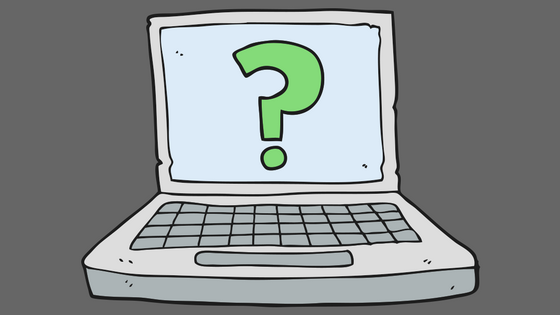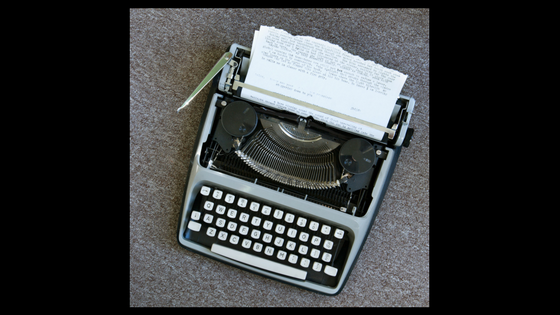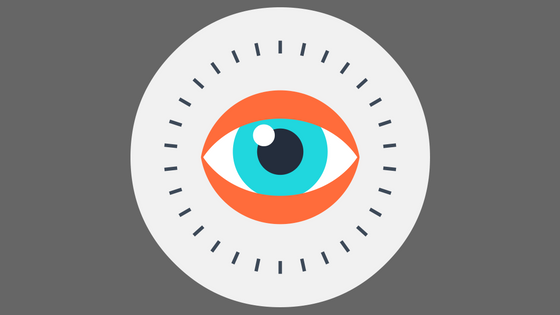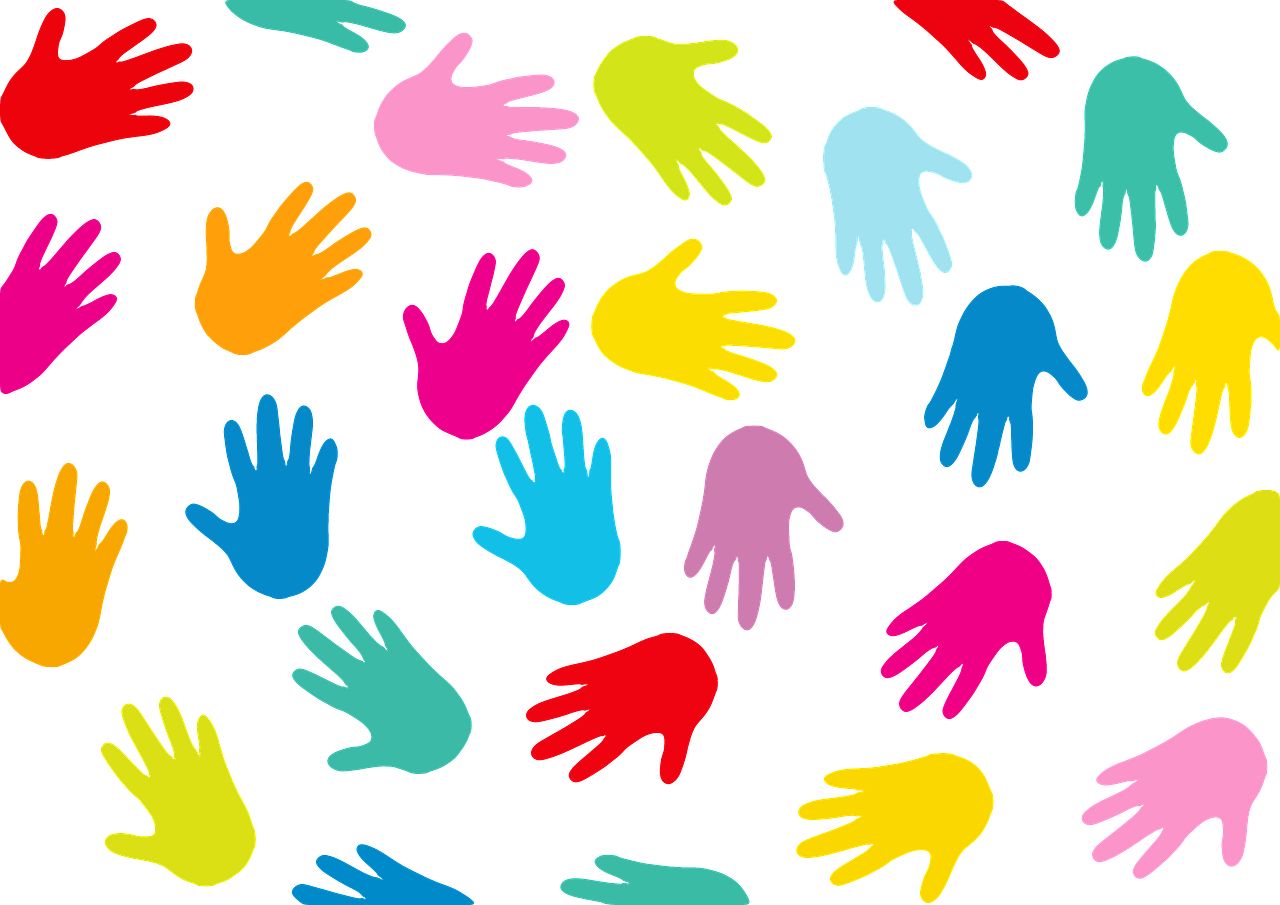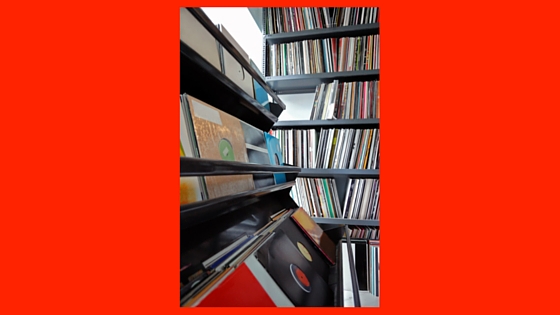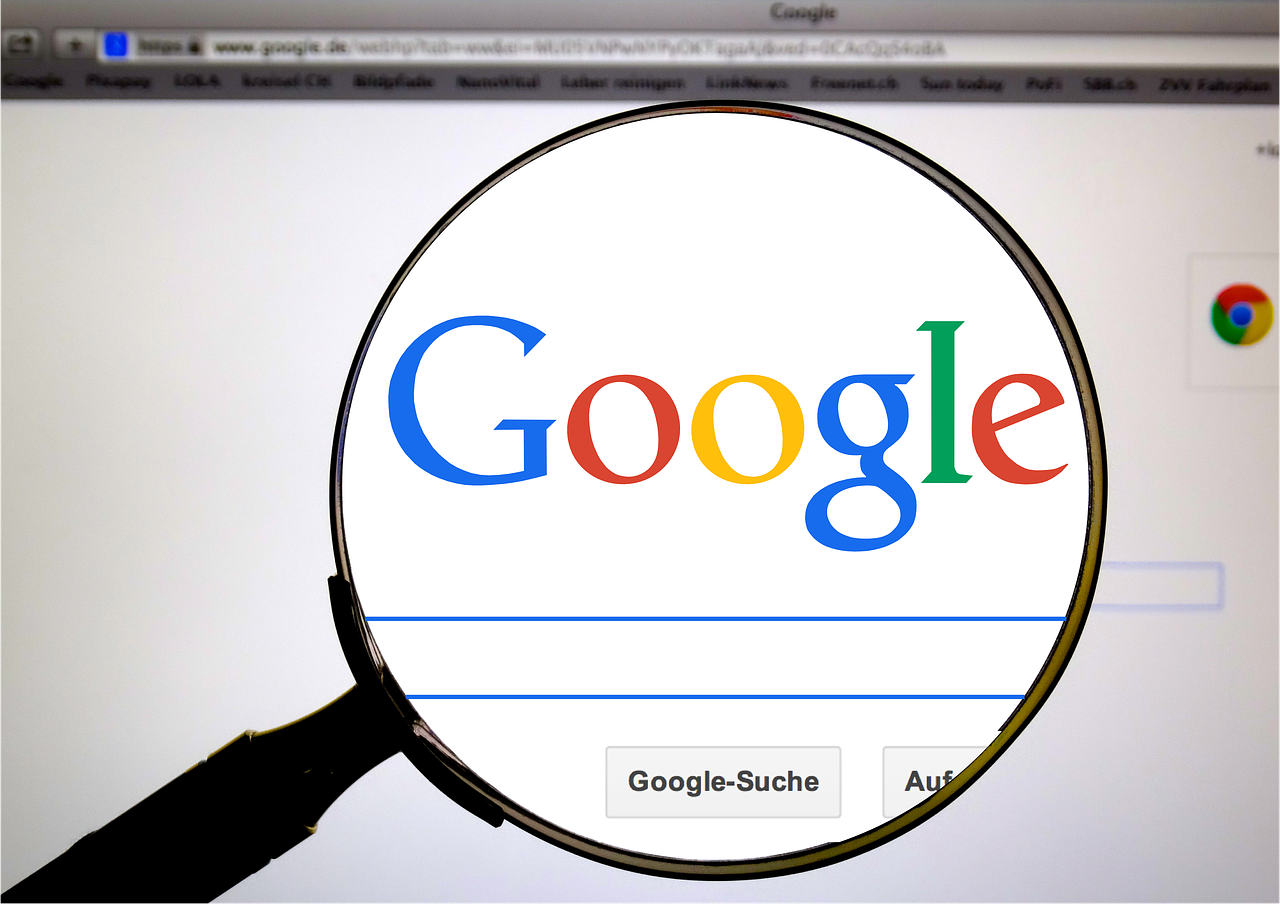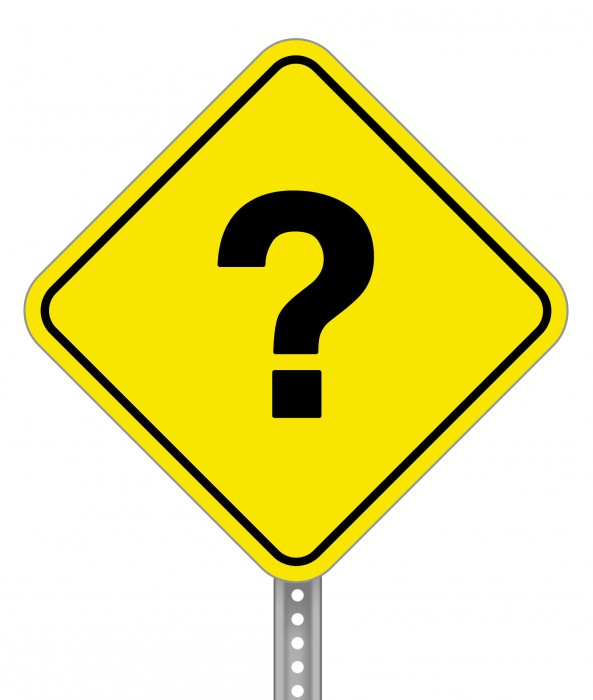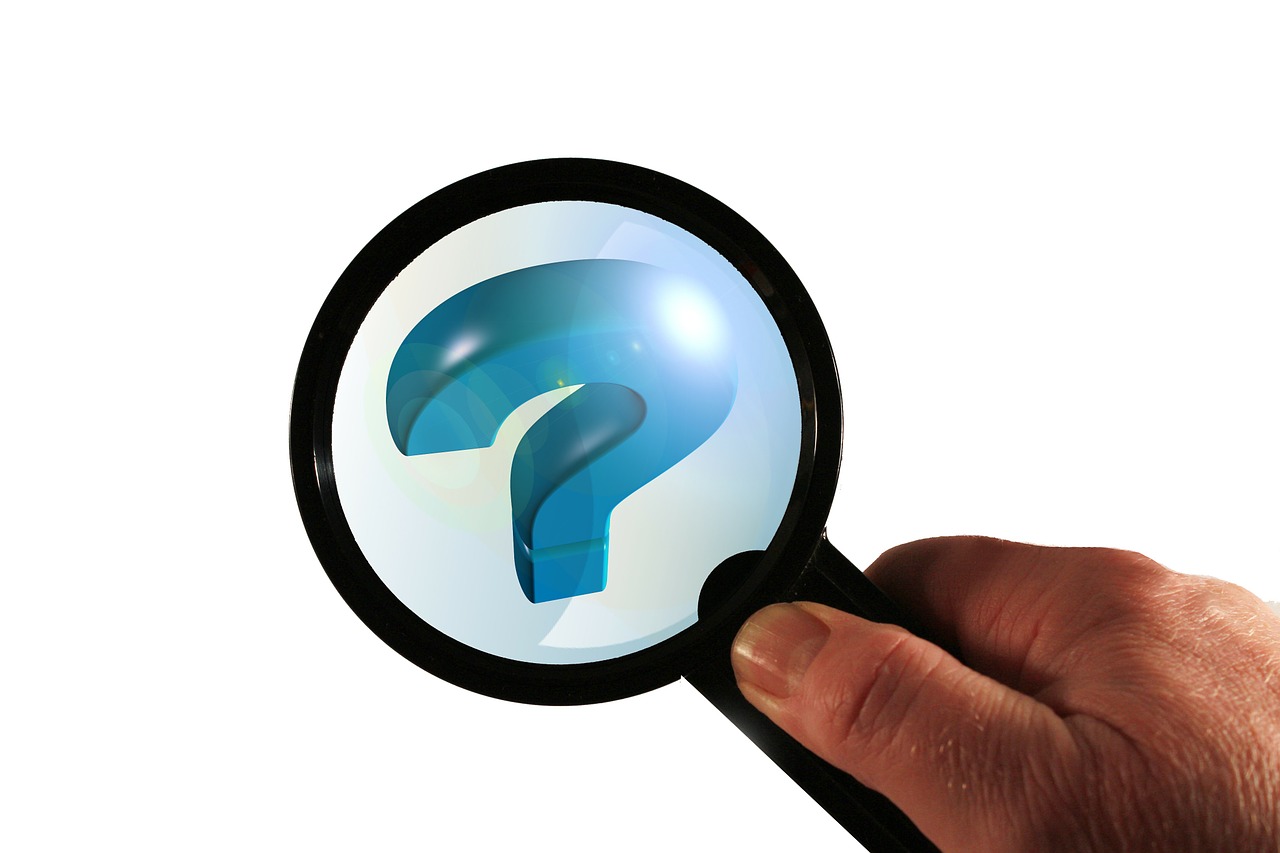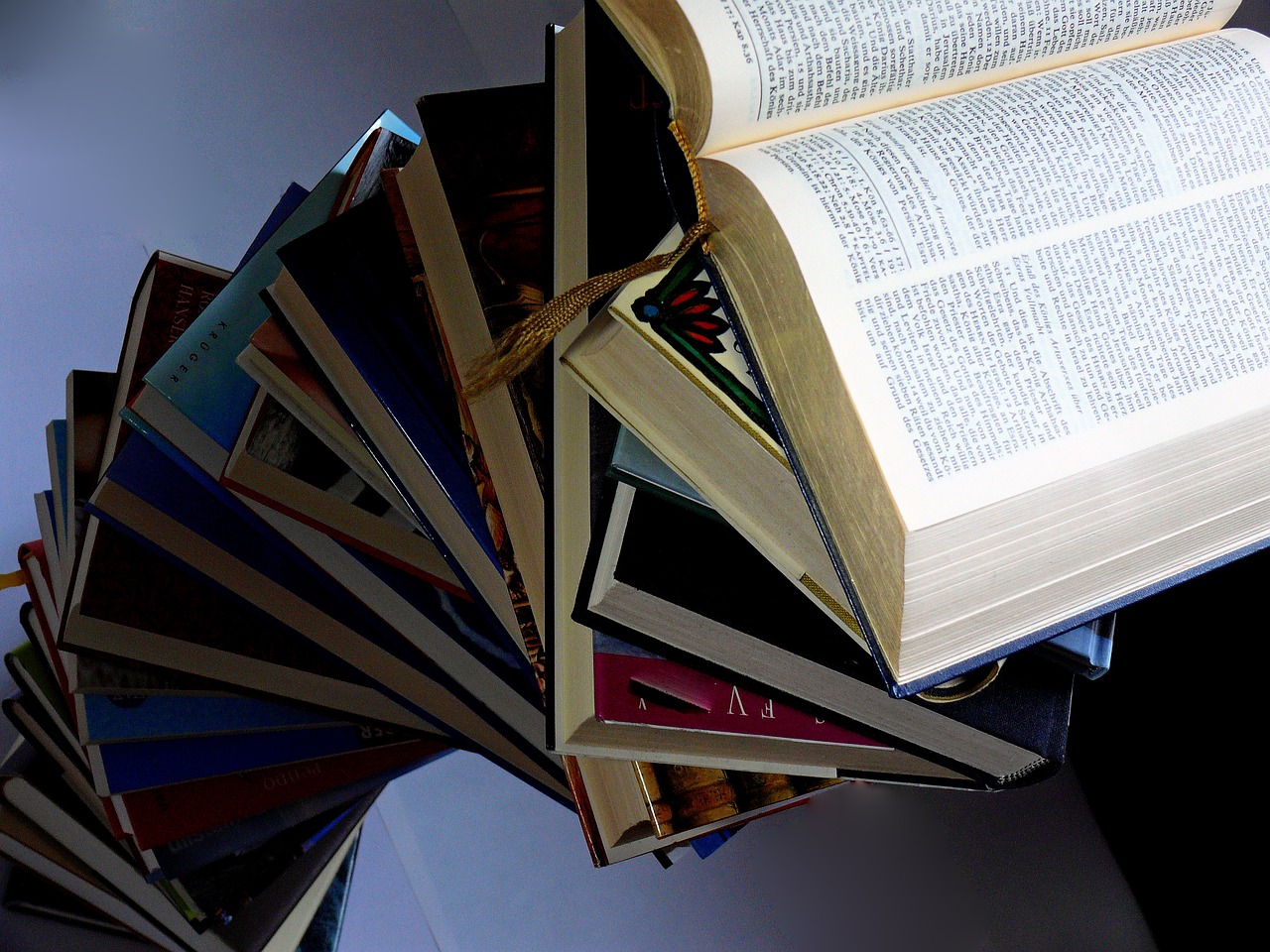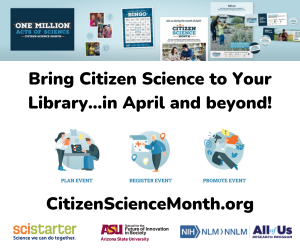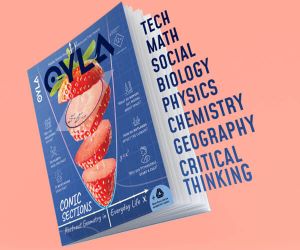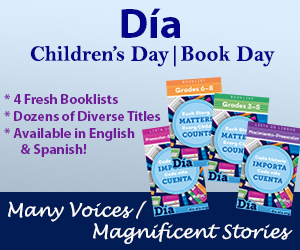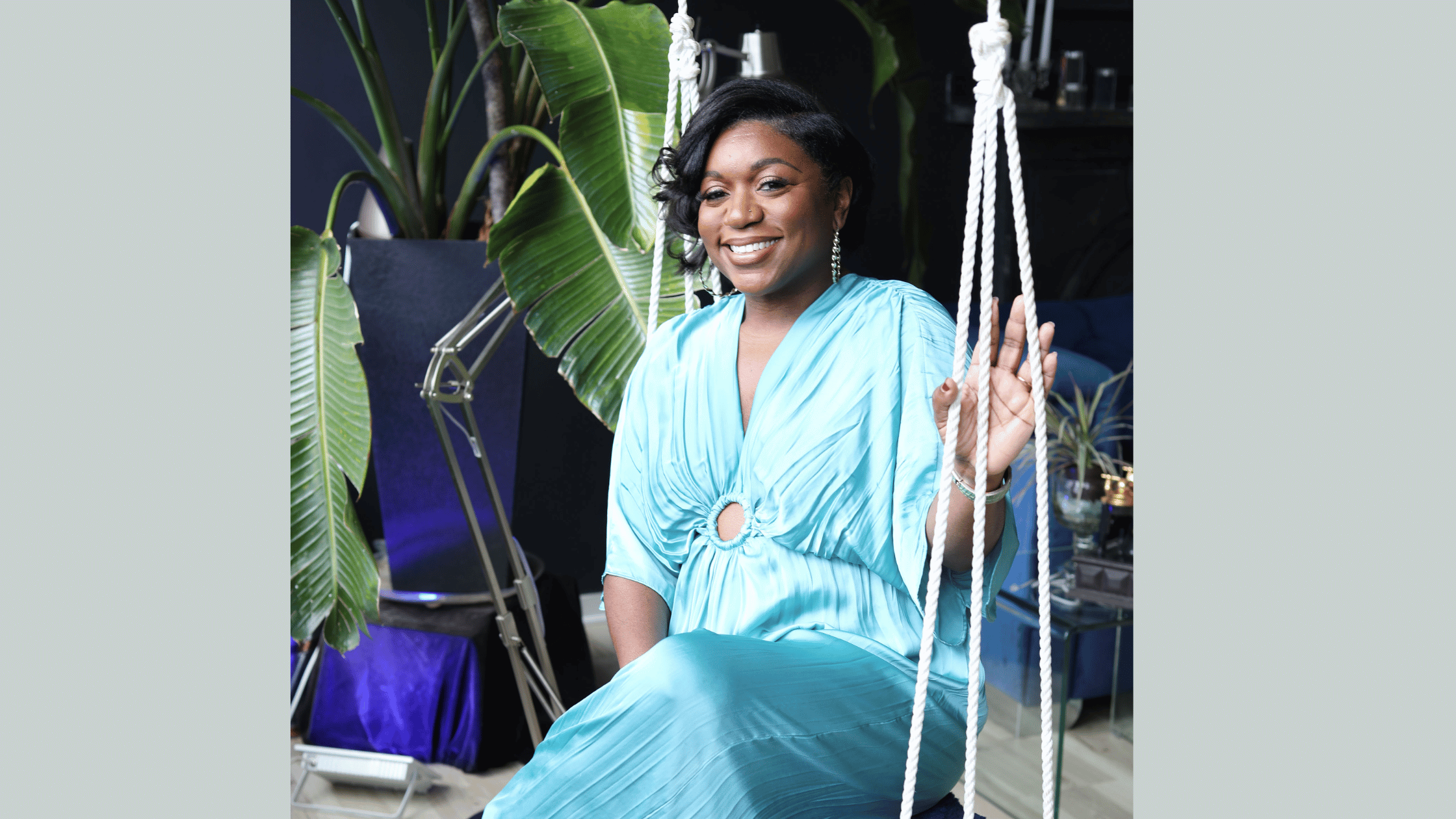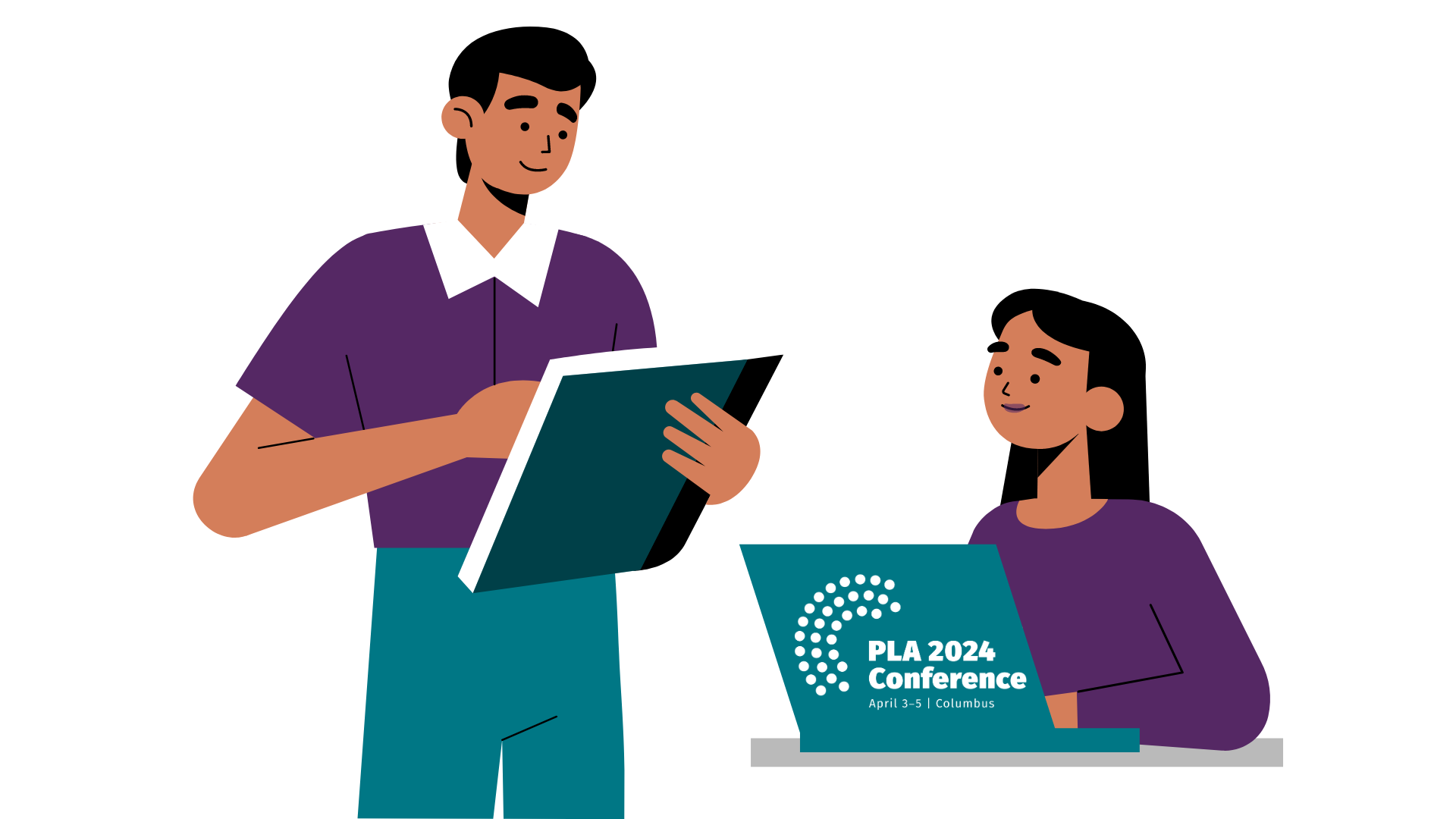Paul Jackson Author Archive
Email: trescott0@gmail.com Website: http://www.trescottresearch.com Twitter: @PaulTJackson1
Mr. Jackson is an Information Specialist; a retired Special Librarian of Academic, Public, Corporate, Church and Prison libraries. He initiated meetings in 1965 resulting in the founding of the national Association for Recorded Sound Collections (ARSC) in 1966. He has taught Research to PhD candidates, and published a wide variety of articles; is a bibliographer, essayist, contributing journal editor, reviewer of recordings and books. He is both publisher and self-publisher. He is currently Editor of Plateau Area Writers Association's Quarterly and anthology series, Contrasts; a timpanist and percussionist for several musical ensembles. His most recent book, Letters from Paul, is a compilation of three years of monthly encouragement essay letters written as a deacon to his parish members.
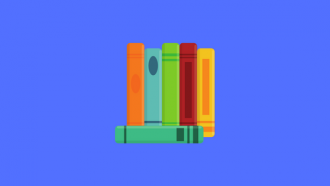
Dummies, Idiots, and Other Aliens
It appears our culture has been taken over by aliens called Idiots, Dummies, and Chicken Soup Souls. Or perhaps the […]





